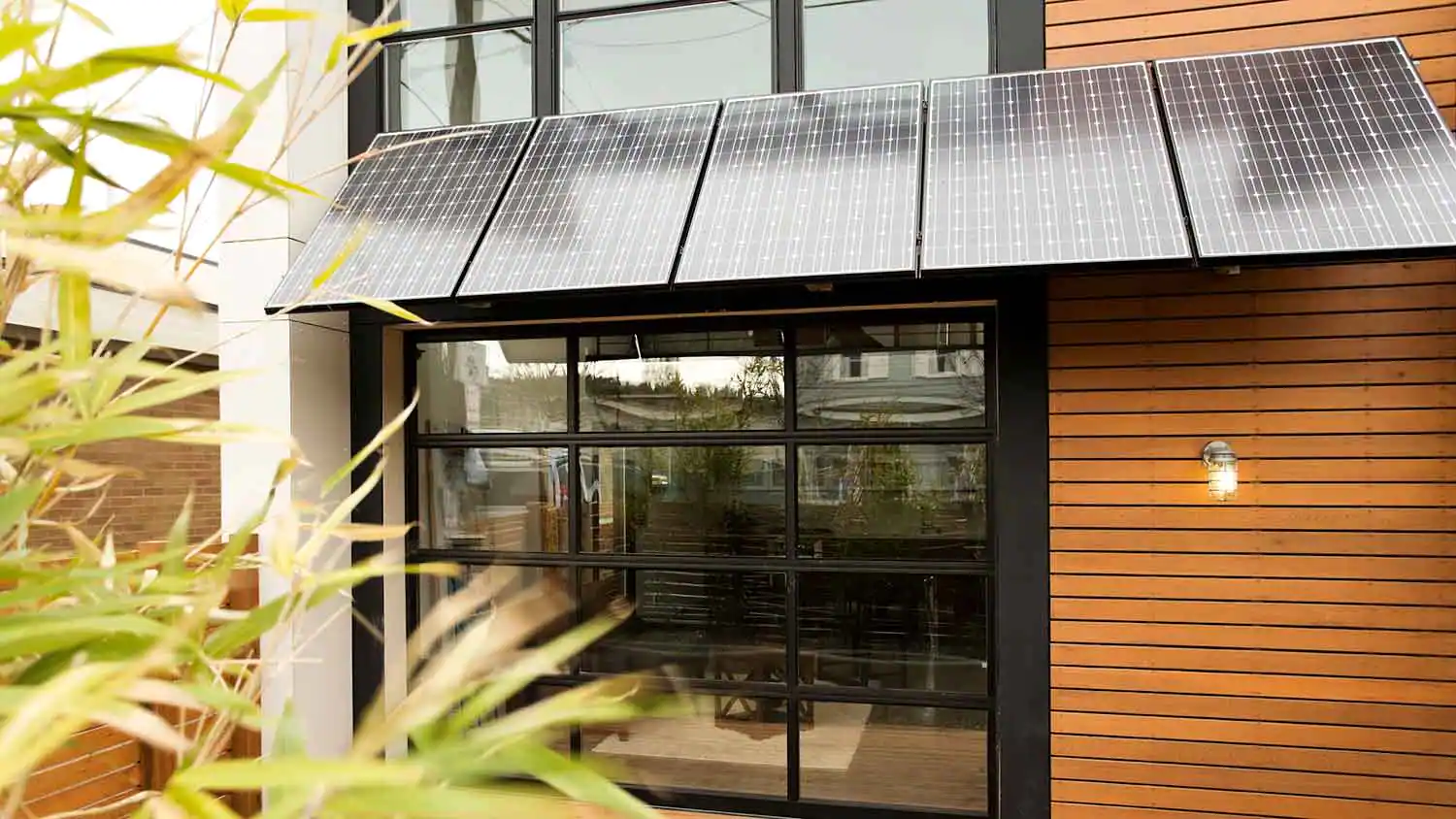Upgrading Spaces: The Installation and the Classic Style of Aluminum Canopies

Any commercial area can greatly benefit from the installation of a commercial shade structure. These long-term business forms do, however, come with special considerations. It’s crucial to comprehend a few features of the method before making an investment in shadow structures for your project.
The following are the most important elements that architects should understand while installing a shade structure at a business:
Installation:
1. A Firm Foundation Is Needed For Shade Structures
Commercial shade structures provide a durable answer to a business’s shade demands because they are fixed permanently to the location site. When choosing a location for your shade structures, take into account the area required for the proper anchoring of the structures.
Different anchoring techniques are needed for different sorts of shades. The majority of shade structures have robust steel columns that can tolerate high winds, although appropriate installation is important.
2. Not Every Shade Structure Is Made Equally
Ascertain your primary needs and requirements before making any investments in shade structures. Since every shade structure is unique, it is best to conduct in-depth research and seek out the top option available. When choosing, keep the following things in mind:
Shade structure construction: You might wish to think about shade structures with proven solid construction if strength and longevity are crucial for your project because high winds are common in your location.
Material and design: Different materials are used to make shade structures, and some are more effective than others at enhancing airflow underneath. Visitors will feel a cooler environment since fabric shade structures enhance air circulation more effectively than wood or metal structures. Personalized shade structure colors can also support your branding.
The area to be covered: Some shade structures are limited to pre-made shapes and sizes. Certain projects might benefit from these structures, but others require greater adaptability. It’s possible that your design calls for unique engineering. Look for a shade structure maker with years of experience in cutting-edge design and production when you require custom shade structures to meet your area. A design/build company can assist you in realizing your distinct idea.
3. Maintenance Is Beneficial
The fabric of a shade structure can endure for many years, though this varies slightly depending on the type of material. For instance, high-density polyethylene (HDPE), a common material for shade cloth, provides exceptional durability. HDPE lasts up to 12 years and offers up to 95% shade and 60% to 70% water discharge. This cloth is quite durable. PVC and fire-rated fabrics share this trait.
But proper upkeep is just as important. Although fabrics like HDPE don’t need much upkeep, shade structures can benefit from the odd wash with water and a mild detergent. To choose the shade fabric that works best for your project, take into account the upkeep needs of each of your fabric selections as well as any warranties offered by the manufacturer.
The Classic Style of Aluminum Canopies
In the field of architecture, a space’s essence is frequently defined by the interaction between usefulness and beauty. Aluminum canopies are one of the many components that work together to create this harmony. They are practical, stylish, and adaptable additions that enhance the beauty of any building.
Thanks to its strength, light weight, and malleability, aluminum has gained popularity as a building material for architectural designs. Aluminum canopies combine style and utility in a seamless way, providing several advantages beyond just protection.
1. Adaptability
The adaptability of aluminum canopies is one of its most remarkable qualities. Whether placed in a more conventional, classical setting or in a modern, minimalist setting, these canopies easily adapt to a variety of architectural types. Because of aluminum’s natural elasticity, designers and architects can create complex patterns or sleek, clean lines that perfectly suit their individual visions.
2. Redefining Function
Apart from being aesthetically pleasing, aluminum canopies are very useful. They enhance a building’s usable space by delivering shelter from the elements and protection from the sun, rain, and snow. These canopies improve a space’s usability and comfort by acting as entryways, covering outdoor seating spaces, or even provide walkway protection.
3. Sustainability And Durability
An indication of aluminum canopies’ lifetime is their resilience. They endure severe weather conditions and are resistant to rust and corrosion, guaranteeing years of dependable performance with little upkeep. Aluminum is also quite recyclable, which makes these canopies a sustainable design option that respects the environment.
4. Creating Stylish Space Design
Aluminum canopies are elegant not just because they seem well, but also because of how well they can change an area. Their presence elevates the entire atmosphere by adding a hint of refinement and by establishing focal areas that catch the eye. With careful planning and placement, these canopies transform into essential components that revitalize an outdoor space or building.
5. Novelties In Aluminum Canopy Architecture
Technological developments keep pushing the limits of aluminum canopy design. These buildings have evolved to meet the needs of modern design and sustainability, from adding energy-efficient features like solar panels to integrating smart technologies for automated modifications based on weather conditions.
In Summary
Aluminum canopies are the pinnacle of architectural style and usefulness because of their classic elegance and exceptional functionality. Their significance in contemporary building is cemented by their ability to blend in seamlessly with a variety of environments, all the while providing durability, sustainability, and aesthetic appeal.
Utilizing aluminum canopies, designers, architects, and urban planners may create environments that not only fulfill functional needs but also inspire, excite, and go above the norm.




